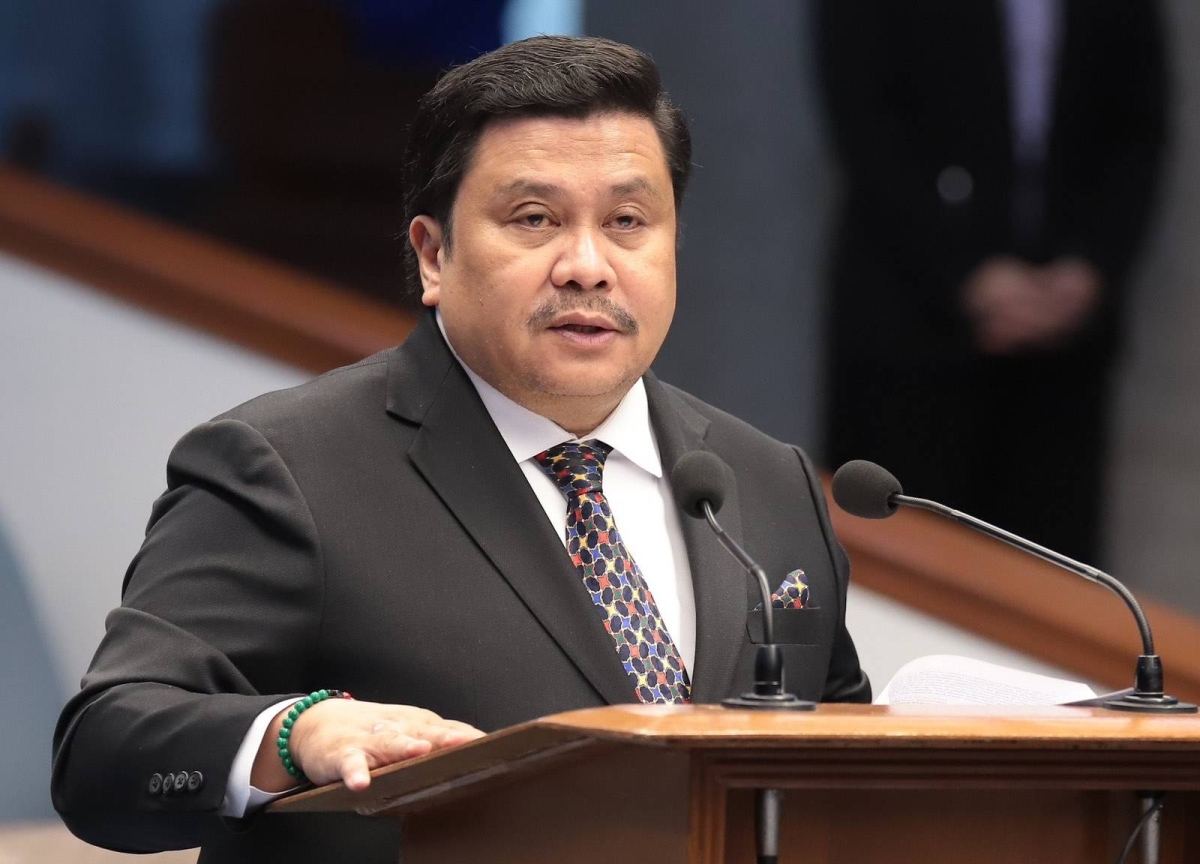Senators unanimously approved on Monday the bill seeking to hike the salary of workers in the private sector by P100. This move is aimed at improving the living conditions and purchasing power of minimum wage earners across the country.
Under Senate Bill (SB) 2534, all minimum wage earners in the private sector nationwide, whether agricultural or non-agricultural, are entitled to the P100 wage hike. This includes workers in various industries such as manufacturing, services, and retail. The bill aims to address the long-standing issue of stagnant wages and provide much-needed relief to workers who have been struggling to make ends meet.
Sen. Jose “Jinggoy” Estrada, who sponsored the measure, dismissed claims that implementing the proposed law could adversely impact businesses and impede economic growth. He emphasized that a flourishing economy relies on the vitality of its workforce, which is considered the “lifeblood of enterprises.” By increasing the minimum wage, Estrada believes that businesses will benefit from a more productive and motivated workforce.
“A higher minimum wage does not only impact the lives of those directly affected but reverberates throughout our communities, stimulating local economies, and ensuring that people would have more money in their pockets to meet their basic needs,” he said. This wage hike is expected to boost consumer spending, which in turn can drive economic growth and create a positive ripple effect on various sectors of the economy.
It is worth noting that the last legislated wage hike was in 1989. Over the years, the cost of living has significantly increased, leaving minimum wage earners struggling to keep up with rising expenses. This long overdue wage increase aims to bridge the gap between the minimum wage and the cost of living, providing workers with a more equitable standard of living.
The approval of this bill reflects the government’s commitment to addressing income inequality and improving the overall well-being of workers. It recognizes the importance of fair compensation and the role it plays in promoting social and economic development.
While the wage hike is a positive step towards improving the lives of workers, it is important to consider the potential impact on businesses, especially small and medium-sized enterprises (SMEs). It is crucial to strike a balance between ensuring fair wages for workers and maintaining a business-friendly environment that fosters growth and job creation.
To mitigate any negative effects on businesses, the government can explore measures such as providing support and incentives to SMEs to help them adjust to the increased labor costs. This could include tax breaks, access to financing, and training programs to enhance productivity and competitiveness.
In conclusion, the unanimous approval of the bill to increase the salary of workers in the private sector by P100 is a significant step towards addressing income inequality and improving the living conditions of minimum wage earners. This wage hike not only benefits workers directly but also has the potential to stimulate local economies and drive overall economic growth. By striking a balance between fair wages and a business-friendly environment, the government can ensure a sustainable and inclusive economy that benefits both workers and employers.







